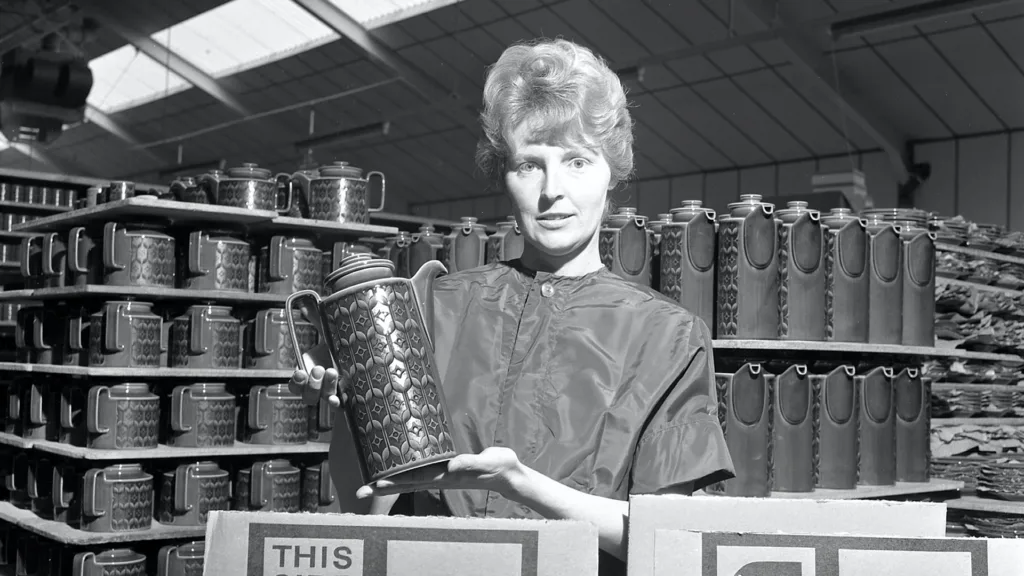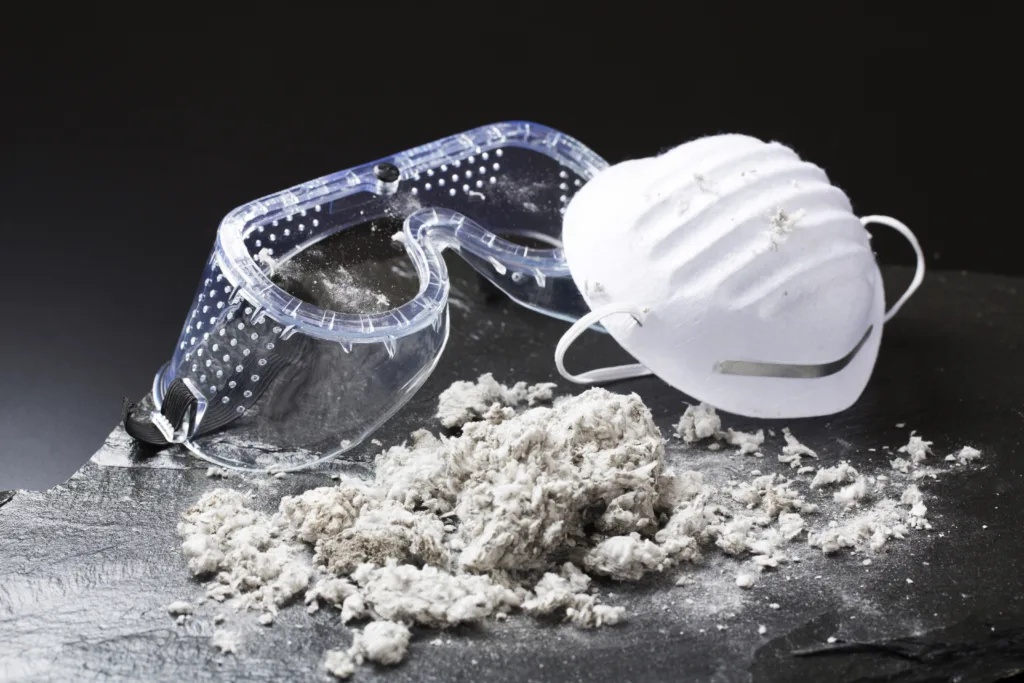It was December 21, 2005, when life changed for Cameron Von St. James. On that day, 15 years ago, he found out that his wife, Heather, had been diagnosed with mesothelioma. As one of the rarer cancers, accounting for just 3,000 cases annually, the couple was stunned when they received the news. At the time, Heather was given only 12 to 15 months to live. Just three and a half months into becoming parents to their daughter Lily, Cameron began wrestling with the changes his wife’s diagnosis would mean for their family.
Although it was unexpected, this wasn’t the first time that the prominent blogger, motivational speaker and mesothelioma advocate became a caregiver. After his father was diagnosed with Parkinson’s disease, he helped take care of him alongside his mother and siblings. For him, it was an introduction to the joys, sorrows and responsibilities of looking after a loved one. Although it was a valuable lesson learned, he didn’t expect to step into that role again for his wife.
The pair knew something was wrong when Heather began experiencing lingering health complications shortly after delivering their daughter. After her doctors performed a biopsy of her lungs, it was sent to the Mayo Clinic for a second opinion. “Having to go down to the Mayo Clinic was enough to make you go, ‘OK, wait a minute, this doesn’t sound normal,’” Cameron explains.
After receiving the news of his wife’s diagnosis, his mind went blank. The important information his wife’s doctors gave them following the life-changing news of her diagnosis went unnoticed. Nothing could have prepared them for the moment when their world appeared to be falling apart.
“In the 20 minutes that it took me literally to drive from the doctor’s office, my wife and I sat in the car like, ‘OK, well, what do we do with this?’” he admits. “We couldn’t really say much of anything.”
Although Cameron and his wife were just beginning their journey with the disease, knowing their next step provided some aspect of direction when they needed it most. The couple traveled to Boston, where Heather sought care from Dr. David Sugarbaker. Sugarbaker was a leading national and international expert in surgical oncology with a focus on pleural mesothelioma.
It wasn’t long before Heather underwent an extrapleural pneumonectomy, a surgical treatment involving the removal of her left lung, the left half of her diaphragm and the lining of the left side of her heart. The surgery lasted over eight hours and took Heather months to recover from.
“I’m in the waiting room, the whole day, and then for the next three days she was in the ICU for a while, then the thoracic ICU from that, ” Cameron recalls.
Once his wife regained kidney function a few days after surgery, Cameron knew he needed to take a moment for himself. He hopped on the train, rode a few stations down and decided to see a movie.
“I just realized at that moment that I wanted to do something,” he shares. “I knew that Heather was in the hospital and that she was taken care of. If she had a problem, I knew that the doctors and nurses were going to take care of it.”
After undergoing invasive surgery, Heather began her journey to recovery. As she progressed, she began intense chemotherapy and radiation treatments. Cameron was by her side every step of the way, offering love, support, guidance and encouragement.
With time, the shock of his wife’s diagnosis wore off, and reality set in. Initially, Cameron wrestled with feeling angry. Given the highs and lows he and his family would have to face, it took time to process. As those feelings subsided, he accepted their new reality and made peace with it. Amid the whirlwind his family was experiencing, he knew he had no control over what the future would hold. Instead, he chose to focus on remaining close to his wife so that together, they could keep pushing forward.
“You know, there’s kind of always that doubt and fear, but there’s that moment when it’s like, ‘Crap, I don’t have control over any of this,’” he admits. Taking each day as it came, Heather battled her disease, and Cameron remained ever-present by her side.
Now that his wife is a mesothelioma survivor, his caregiving role has evolved. Cameron spends much of his time now offering words of wisdom to other caregivers and encouraging them to keep moving forward. From relying on the help of family and friends, to taking some time for self-care, Cameron understands firsthand the ins and outs of being a caregiver. He also understands that taking advice can be easier said than done, particularly when facing uncomfortable situations. He recalls reaching out to his family members for help early on during his wife’s battle and how exposed he felt in the process.
“It was like emotionally, you were stripped naked,” he recalls. “Like every flaw, every bad decision you had ever made, all of your financial decisions just all of a sudden come out.” Though uncomfortable, he also realized how empowering it could be to rely on family and friends’ help. “You realize that, wait a minute, they’re not casting judgment on you, they’re all here asking these questions to try and help.”
Remembering moments like these and using them to help carry the responsibilities of being a caregiver can help lighten the load. Cameron believes it’s important to be honest and unafraid to ask for help when necessary. As he offers advice to caregivers who are just starting their journeys, one of the biggest takeaways for him was a piece of advice he received years ago: “If somebody offers you help, take them up on it. Unequivocally, take them up on it.”



